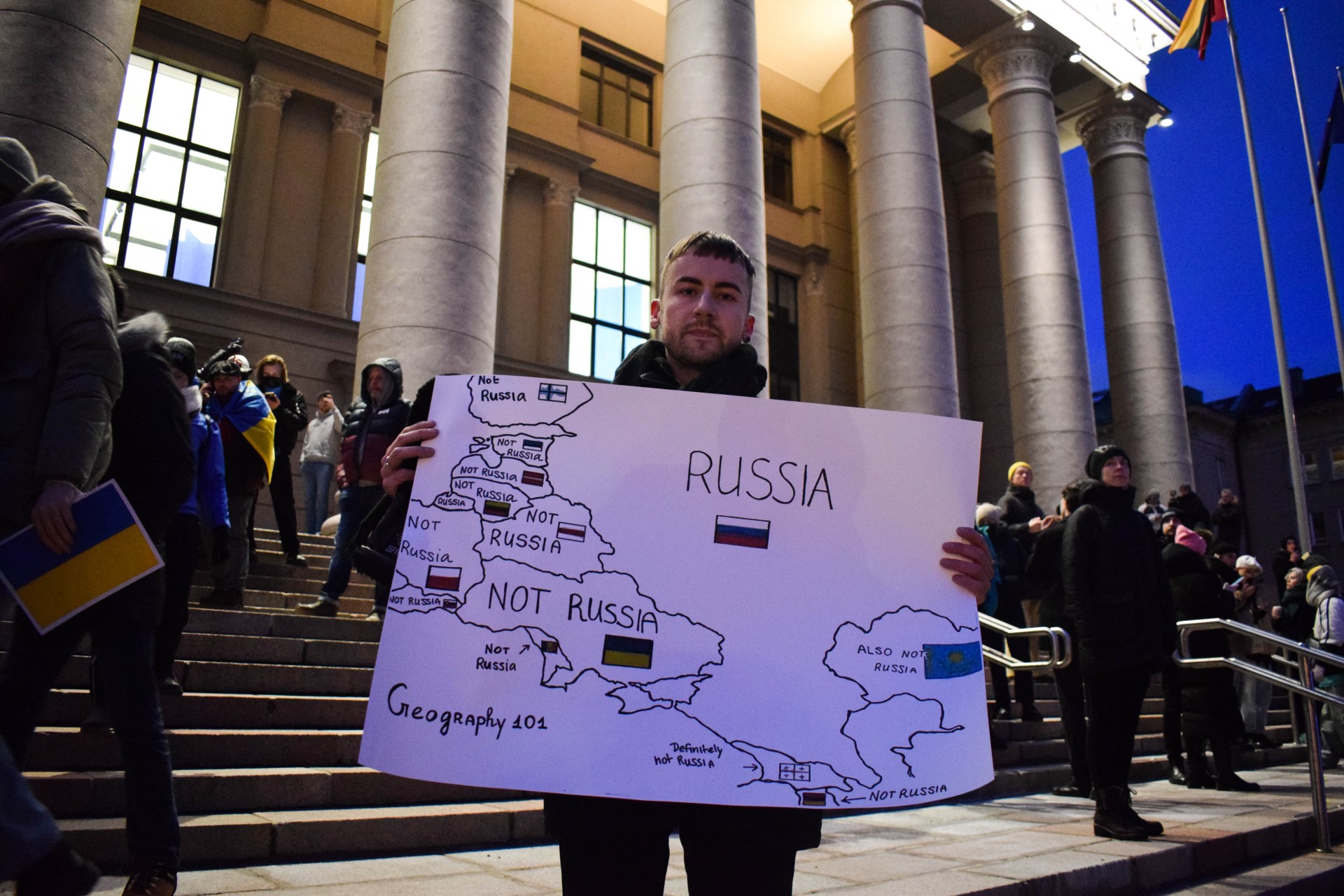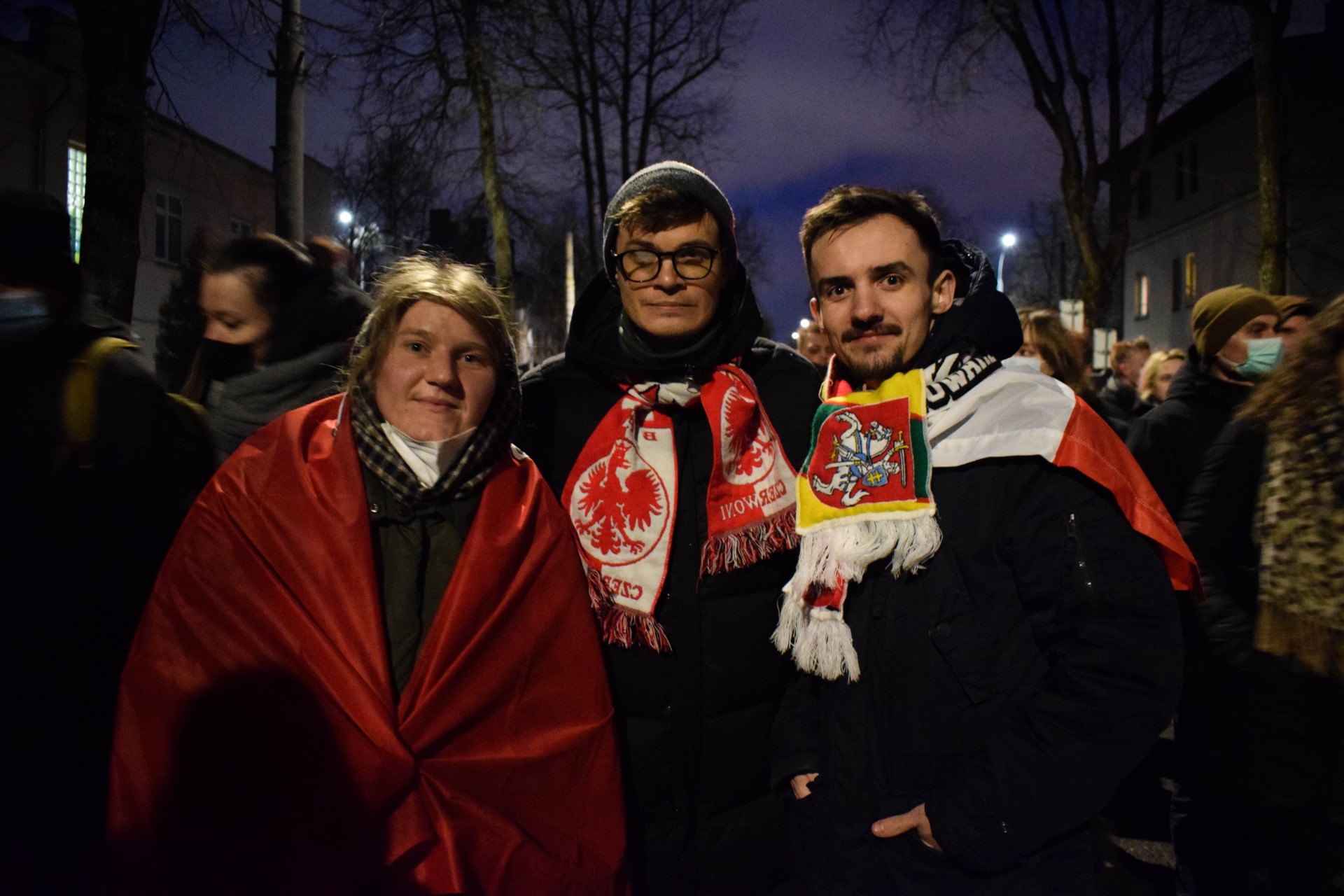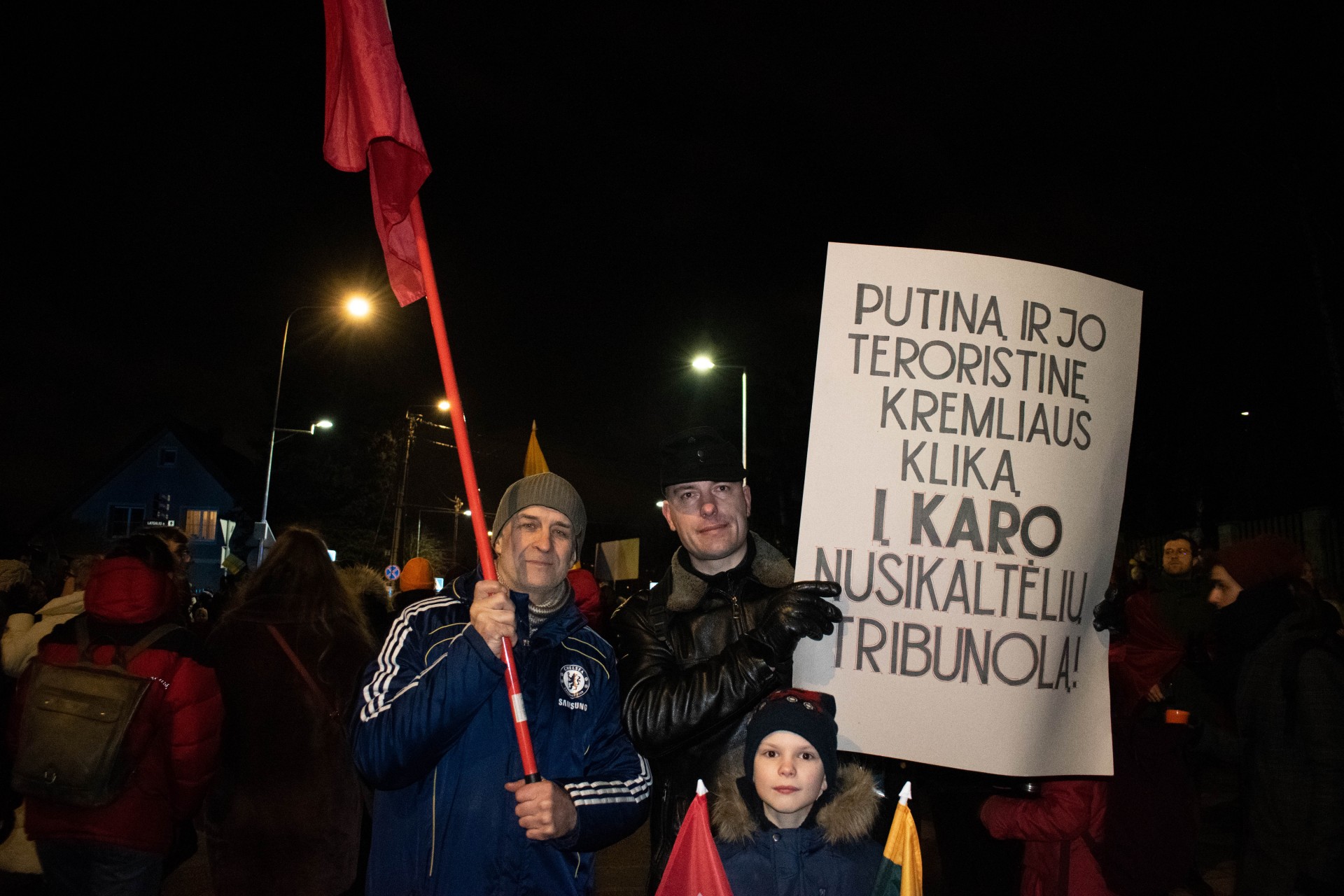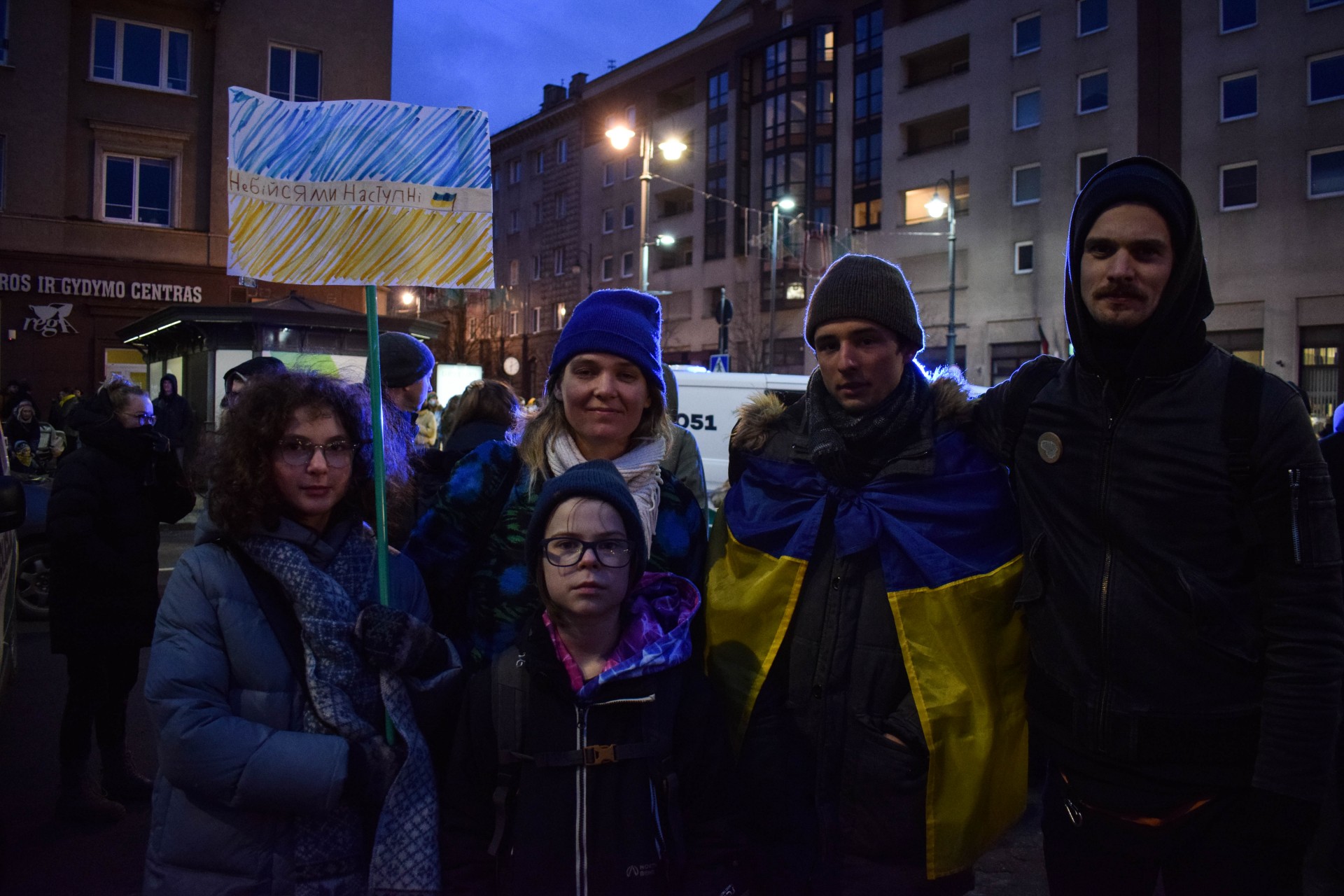This is a well-known political essay film “Inextinguishable Fire” by a German director Harun Farocki with which he critiqued the Vietnam war and the use of chemical weapons. Farocki appears in this film himself as the main character and narrator. During my Art Philosophy course, I learned that Farockis’s films strived to find a connection between image and reality as he claimed that we no longer believe in virtual images therefore we no longer have empathy towards the pain of other humans.
Once Farocki puts out the cigarette on his wrist, he faces the camera and asks, “How can we show you the wounds caused by napalm? When we show you pictures of napalm victims, you'll shut your eyes. You'll close your eyes to the pictures. Then you'll close them to the memory. Then you'll close your eyes to the facts. And then you’ll close your eyes to the whole context."
Russia invaded Ukraine on the 24th of February after announcing that it is “rescuing the country from bullying and genocide carried out by the regime in Kyiv”. Contrary to what Farocki might presume, to Lithuanians it wasn’t hard to believe the images of terrified people in Ukraine hiding from airstrikes in metro stations, of injured people being carried out of apartment buildings woken up by bombs and air raid sirens, images of men saying goodbye to their families before going to war. The war, about which there has been so much talk and yet – at least as demonstrated by a delayed response from the international community – so little belief that it can actually happen.
Perhaps Lithuanians aren’t struggling to feel the pulse of reality precisely because this cigarette of aggression from the East has been put out on our wrist so many times before?
On the 24th of February, people took to the streets in Lithuania to express their solidarity with Ukraine. Simultaneously thousands of demonstrations took place all over the world from Tokyo to New York. During the event “Freedom Shines” in Vilnius, a Ukrainian national salute “Slava Ukraini, heroyam slava” (“Glory to Ukraine, glory to heroes”) sounded loud. Ukrainian, Lithuanian and independent Belarussian flags were carried all the way to the Boris Nemcov square in front of the Russian Embassy. Alongside bonfires in the square you could see Ukrainian and Lithuanian flags waving next to flags of many other countries, uniting many nations in one shared thought and gravity.
This day it became very clear that Lithuania doesn’t need additional proof to believe that the attack by the Russian regime is real, horrifying and painful. However, we are now faced with an even bigger task – not to be tempted to close our eyes when we are tired from the pain and worrying. We cannot close our eyes – first to the images, then to our memories, facts and contexts. We need to stay together and stand together with Ukraine because the war that has been started is real. We are also real – and so is our commitment to care.
















































